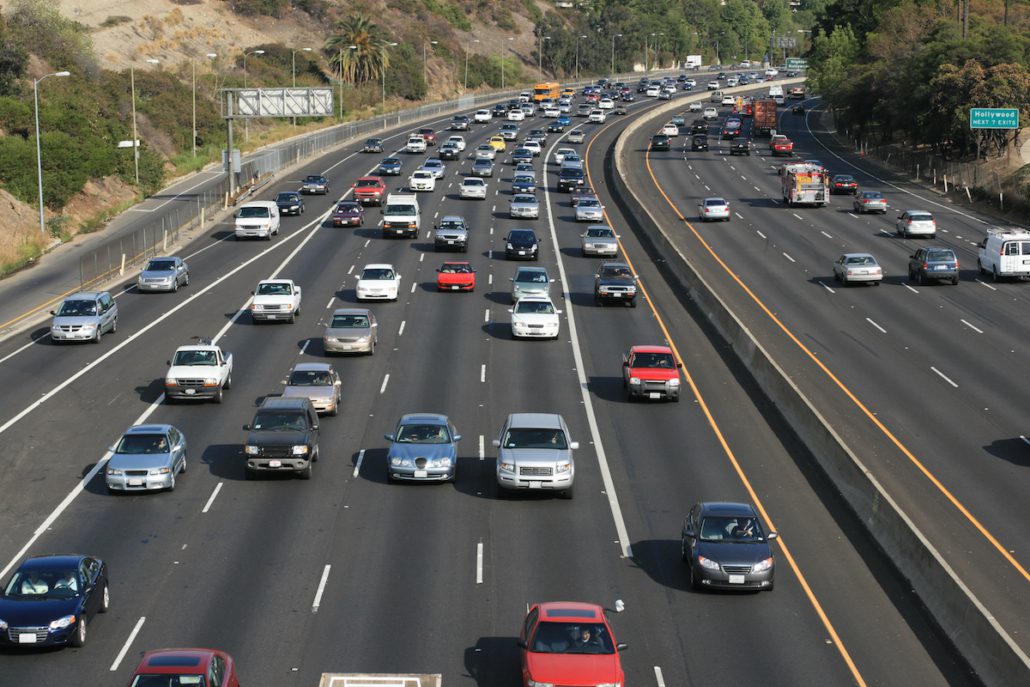what color cars are more expensive to insure
What Color Cars Are More Expensive to Insure?
1. Are red cars more expensive to insure?
According to a study by EINSURANCE, the color of your car does not directly affect the cost of insurance. The perception that red cars are more expensive to insure is a common misconception.

2. Do black cars have higher insurance rates?
There is no evidence to suggest that black cars have higher insurance rates. The color of your car does not impact the cost of insurance, as insurance companies primarily consider factors such as the make, model, age, and driving history.

3. Are white cars cheaper to insure?
The color of your car, including white, does not play a significant role in determining insurance rates. Insurance companies focus more on factors like the car's value, safety features, and the driver's history.
4. Do silver cars have lower insurance costs?
Contrary to popular belief, the color of your car, including silver, does not have a direct impact on insurance costs. Factors like the car's make, model, and safety features are more influential in determining insurance rates.
5. Are blue cars more expensive to insure?
There is no evidence to suggest that the color blue affects the cost of car insurance. Insurance companies primarily assess risk based on the vehicle's specifications and the driver's factors, rather than the car's color.
6. Are yellow cars more expensive to insure?
Insuring a yellow car is not inherently more expensive. The cost of insuring a car is determined by various factors, such as the vehicle's make, model, age, and the driver's history, rather than its color.
7. Are green cars cheaper to insure?
The color green does not directly impact the cost of insurance. Insurers consider other crucial factors like the car's value, safety features, and the driver's record when determining insurance rates.
8. Do insurance companies charge more for exotic car colors?
No, insurance companies do not charge more for exotic car colors. Factors such as the car's value, rarity, safety features, and the driver's history play a more significant role in determining insurance rates.
9. Are brightly colored cars more expensive to insure?
The vividness of a car's color does not affect insurance costs. Insurers focus on factors like the car's make, model, value, and the driver's record to determine the insurance rates, rather than the color itself.
10. Are cars with unique colors more costly to insure?
The uniqueness of a car's color does not directly impact insurance costs. Insurance companies primarily consider the vehicle's specifications, including make, model, safety features, and the driver's history, when determining insurance rates.
11. Does the color of my car affect my chances of getting a claim?
No, the color of your car does not impact the likelihood of receiving an insurance claim. The claim process depends on factors like the accident's circumstances, fault determination, and the coverage provided by your insurance policy.
12. Are darker-colored cars more prone to accidents and higher insurance rates?
The color of your car, whether dark or light, does not make it more prone to accidents or affect insurance rates directly. Factors like driver behavior, road conditions, and vehicle maintenance have a more significant influence on accident risks.